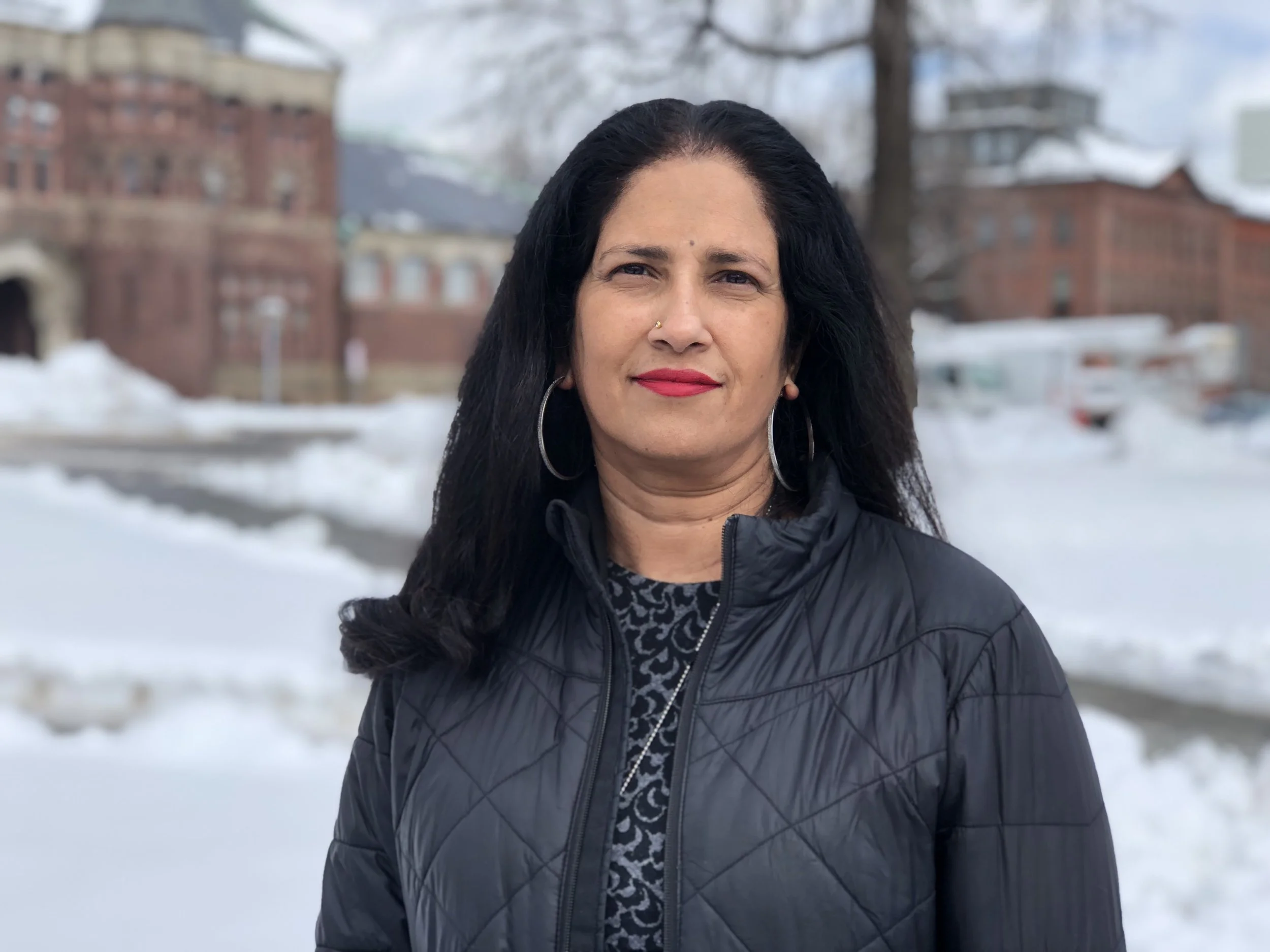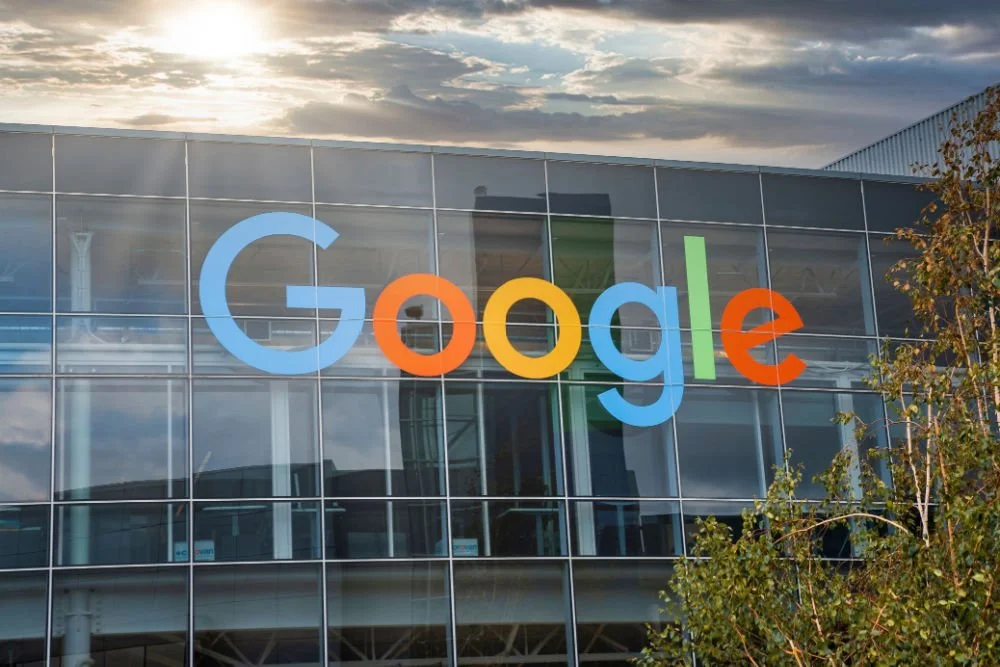What You Need to Know about Bernard Osher Foundation’s Local Arts & Education Giving
/Editor's note: This article was revised and updated on 7/1/2021.
The Bernard Osher Foundation is an unconventional grantmaker if we ever saw one. This is a foundation that pays for people over 50 to receive continuing education just for the joy and personal fulfillment of it. Osher leaves traditional healthcare funding to other groups and prefers to support complementary medical practices like acupuncture, acupressure, herbal remedies, yoga, massage, guided imagery, and mindfulness-based meditation.
But one program that many Bay Area nonprofits will be particularly interested in learning more about is BOF’s Local Arts & Education Program. Fortunately for local grantseekers, unsolicited letters of inquiry are welcome for this program and you only have to share the opportunity with organizations in the state of Maine, Bernard Osher’s home before San Francisco.
These are three things you should know about this locally focused grantmaking program.
A Wide Variety of Groups Are Considered
Don’t be too quick to write yourself off as not being BOF grantee material. BOF has been funding local arts and education groups since it was first established as a foundation in 1977.
Some of the types of groups that have received BOF’s support in the past include literary programs, performing arts groups, environmental groups, social service organizations and education groups. These categories are very broad, so many types of local nonprofits should be encouraged to apply here.
Focus on San Francisco and Alameda Counties
Although the Bay Area is often defined as a nine-county region, BOF is mostly focused on just two of those counties. Aside from funding in Maine, San Francisco County and Alameda County are the big geographic focuses for arts and education here.
New and Returning Grantseeker Requirements
New grantseekers are encouraged to submit a letter of inquiry of two pages or less via email or the USPS. They should include a brief description of their organization, an overview of the project, and a list of other funders providing support. LOIs are accepted all throughout the year with no deadlines, and you can expect a response within two months.
Meanwhile, returning grantseekers who have received funding within the past year must submit a report about how the BOF funds were used; you can attach a proposal for a new grant along with it. In addition to the “new grantseeker requirements” mentioned above, returning grantseekers should include their financial statement and IRS status letter. These must be submitted as a hard copy via mail.
To learn more about this funder, read IP’s full profile, The Bernard Osher Foundation: Bay Area Grants.





































